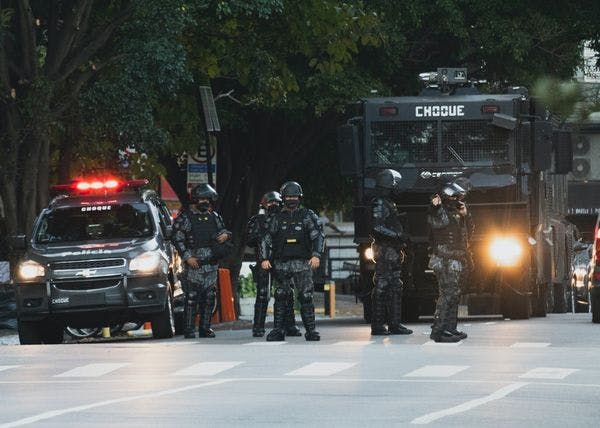Unsplash - Marília Castelli
How the United States fuelled a global drug war, and why it must end
June 2021 marks 50 years since Richard Nixon declared “drug abuse” the United States’ “public enemy number one.” It is a grim anniversary that resonates not only in the United States but all over the world. The global drug war is an unmitigated human rights disaster, well-documented in painstaking detail. As U.S. domestic drug policy reform gains momentum, it is time the United States makes a concerted effort to de-escalate the failed, harmful, and disastrous global war on drugs.
There is reason for hope. After a century as the self-appointed leader of punitive drug enforcement—and billions wasted on the effort—U.S representatives struck a decidedly different tone on the global stage at the UN Commission on Narcotic Drugs. Regina LaBelle, acting director of National Drug Control Policy, gave the United States national statement in April, noting that “we can’t confront today’s challenges with yesterday’s methods; we have to modernize and make sure our approaches are responsive to current trends.” She went on to highlight the Biden-Harris Administration’s Statement of Drug Policy Priorities for Year One and emphasized the administration’s focus on “ensuring racial equity and promoting harm reduction efforts.”
The Biden-Harris Administration intends to make a bold shift away from the drug war at home—especially in the face of an unprecedented overdose crisis that has seen more than 70,000 Americans die from a drug overdose in 2019 alone. Their commitment to scaling up harm reduction and evidence-based drug treatment and to ensuring racial equity is crucial and long overdue. It will require a huge and sustained effort to undo decades of harm, especially to communities of color. However, when it comes to U.S. foreign policy, these progressive approaches need to translate into something more than pleasing rhetoric.
